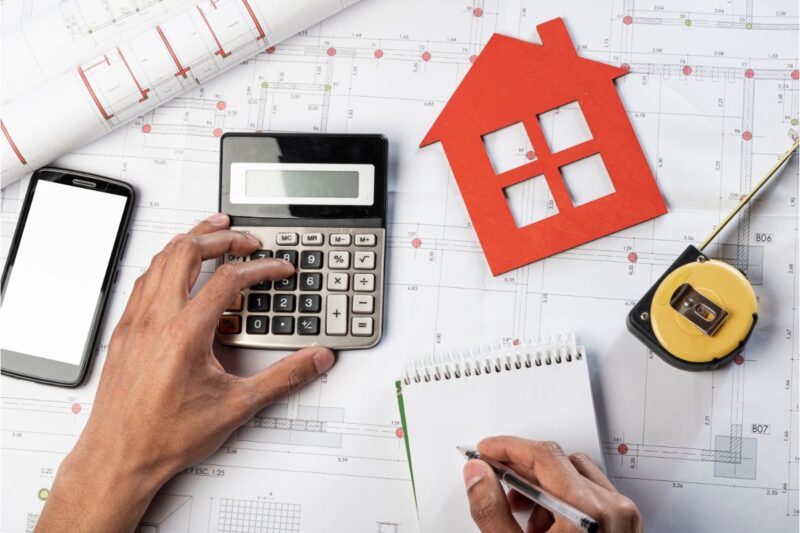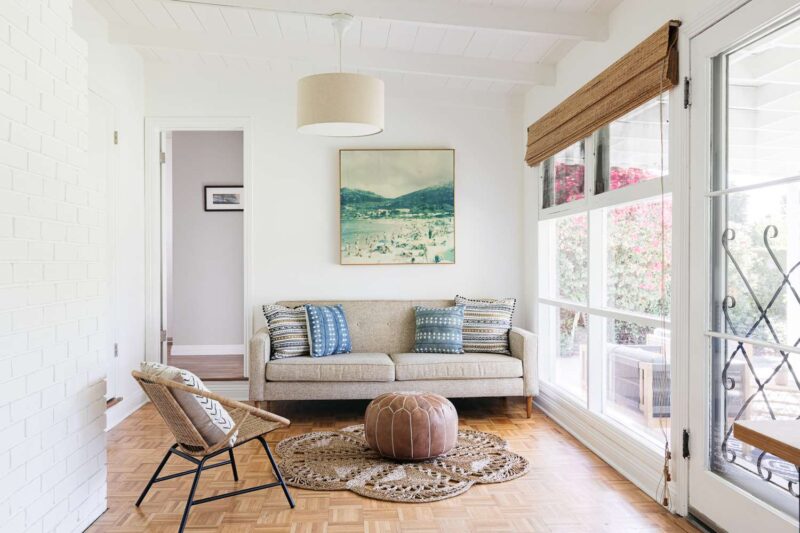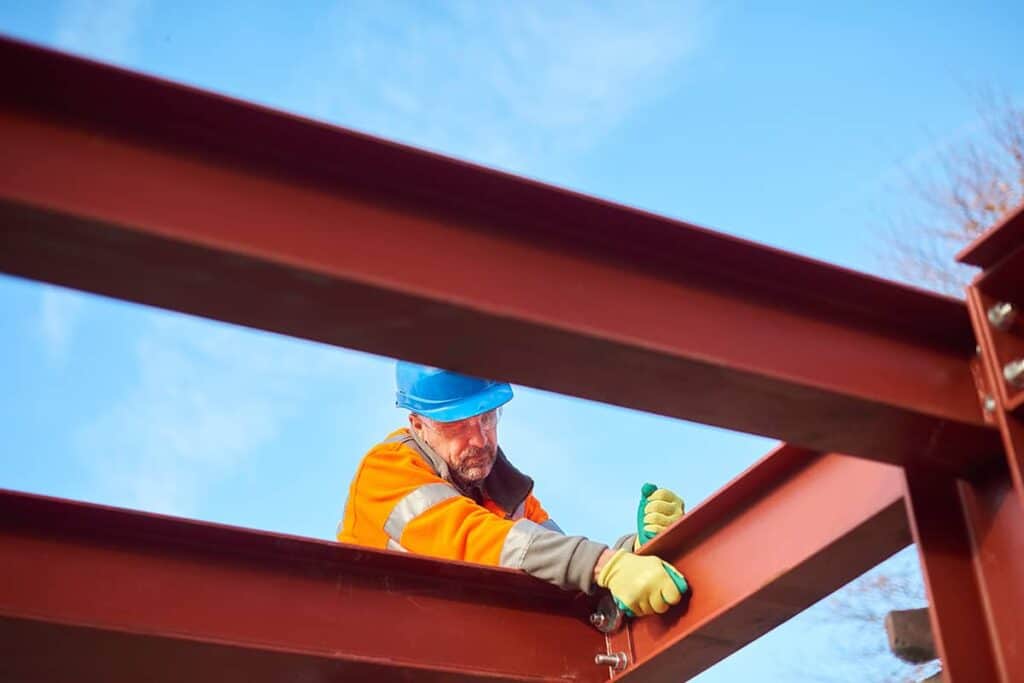Creating home additions for more square footage is a thrilling decision to make. However, you need to prepare your finances and home well to make it work.
Home addition contractors in Virginia can also help you simplify your preparations.Get ready to add a space to your home with these tips.
1. Look at Your Current Budget

According to Forbes, small projects like home additions can cost you $21,000 to $73,500, depending on the kind of room you want to add. Evaluate your finances and develop a budget you can work with. Consider the labor, materials, insurance, and property taxes for such a project.
Another option is to get construction loans from your trusted bank. These short-term loans are available upon your request without paying a hefty interest. The money you get from this kind of loan can supplement your budget. Ask for a second opinion from a financial advisor or your loved ones before taking a loan to get another perspective and advice.
2. Search for Your Property Lines
These lines define the boundaries where your home sits and how close you can build your property to your neighbors. Get this information from your survey, property deed, or the local planning office.
Know how much space you can use with property lines. Consult the local zoning department to understand zoning laws and use your property in a certain area, such as a residential one.
3. Create Your Home Addition Design

The designing part of the home addition process is always an exciting one. You get to put your spin on the additional space of your home. It’s your way, and this is how you can do it:
- Evaluate your current floor plan and see how the addition blends into your home. Ensure it doesn’t compromise the functionality and aesthetics of the whole house.
- Consult with a professional architect to help you with the design. Get expert advice and detailed drawings from them. Ensure that their design fits with your vision and budget.
- Consider external factors, like the space and natural light, when designing the home or room addition. Even if it’s just a simple addition, it should still get some light from the sun once it’s done.
4. Look for Contractors
Only a professional contractor can provide services, such as project management and complying with local building codes from the local building department in getting necessary permits. Check their track record and portfolio after getting references from family members and friends. Read online reviews of companies and ask for multiple quotes from them. Compare these quotes with each other and determine where your budget stands. You’ll find the right contractor when you scrutinize and properly evaluate their record and what they can bring to the project.
5. Get the Materials

Think about the quality, durability, and maintenance requirements of every material you need to buy. As much as possible, stay within the budget when purchasing materials. Balance the money you’re willing to spend with your preferences for the design. Match the aesthetic with your materials to create a cohesive look.
6. Prepare Your Home
You must make temporary arrangements in your home before construction begins. If the home addition affects your kitchen or bathroom, create a temporary area for your dining and bathing needs. Remove any pieces of furniture to protect them from damage. Store personal items like documents and valuable items in a safe area to prevent loss and damage while the construction project is ongoing. Inform your neighbors also that there will be noise and dust for the time being when the construction work takes place.
7. Set a Schedule and Timeline
Work with your contractor to organize a daily schedule and the entire project timeline. This allows you to break down the project into manageable milestones. Make sure to adhere to the timeline you set. Communicate with your contractor if the project will face some delays.
8. Secure the Household

Safety is important for you and your family when the construction work starts. Install fences around the construction area to prevent unauthorized entry into the site. Tell your family to practice safety precautions to avoid any accidents when moving around the house while the addition is being constructed. Lastly, you must secure your emergency contact in case of an accident.
Collaborate with a Reputable Contractor from a Design-Build Company for Home Additions
A renovation project or a remodeling project is not your battle alone. A design-build company can help you with all the processes, especially if you have yet to learn about construction.
Their building contractor can bring fresh insight into making your living space functional. They employ cost-saving strategies to help you save money when adding an extra space to your home. You can also consult with an in-house designer for space addition matters. These companies know the building codes by heart and use your home’s square footage down to the last bit.
Parting Words
Adding a new extension to your home needs careful planning to ensure success. Turn that vision into reality when you follow these tips. Do your part in securing your home and belongings before construction begins. If you’re in Virginia, consider working with design-build companies like Elite Contractors Services for a smoother, stress-free renovation.


